Home>diy>Building & Construction>How To Be A Construction Worker


Building & Construction
How To Be A Construction Worker
Modified: August 28, 2024
Learn the essential skills and steps to become a construction worker in the building construction industry. Gain valuable knowledge and start your career today.
(Many of the links in this article redirect to a specific reviewed product. Your purchase of these products through affiliate links helps to generate commission for Storables.com, at no extra cost. Learn more)
Introduction
Welcome to the exciting world of construction work! Being a construction worker is a dynamic and rewarding profession that allows you to contribute to the development and creation of various structures. Whether you’re building skyscrapers, bridges, or homes, construction workers play a vital role in shaping the world we live in.
In this article, we will explore the requirements, skills, and career opportunities for construction workers. From physical fitness and safety regulations to essential tools and equipment, we will delve into the key aspects that make a successful construction worker.
So, if you’re ready to learn the ins and outs of becoming a construction worker, let’s get started!
Key Takeaways:
- Construction work demands physical fitness, safety knowledge, and practical skills. Embracing professionalism and continuous learning opens doors to diverse career opportunities and advancement in the dynamic construction industry.
- Effective communication, teamwork, and adaptability are essential for successful construction projects. By prioritizing safety, embracing professionalism, and seeking growth opportunities, construction workers shape the world and build a better future.
Read more: How To Find Construction Workers
Requirements for Construction Workers
Becoming a construction worker requires meeting certain criteria and possessing specific qualifications. Let’s take a look at some of the key requirements:
- Education and Certification: While a high school diploma or GED is typically the minimum educational requirement, certain specialized construction roles may require additional vocational training or certification. Examples include certifications in electrical work, welding, or plumbing.
- Physical Fitness and Stamina: Construction work is physically demanding, often involving heavy lifting, prolonged periods of standing, and repetitive motions. A good level of physical fitness and stamina is essential to withstand the physical rigors of the job. Regular exercise and maintaining a healthy lifestyle can contribute to your overall fitness.
- Safety Regulations and Training: Construction sites are inherently hazardous environments, and strict safety regulations are in place to protect workers. Knowledge of safety procedures and protocols is crucial. Many construction workers undergo safety training programs to ensure they are well-equipped to handle potential risks and emergencies.
- Essential Tools and Equipment: Familiarity with the basic tools and equipment used in construction is important. Construction workers should have a good understanding of how to operate and maintain tools such as power drills, saws, hammers, and scaffolding.
- Skills and Competencies: Construction workers must possess a range of practical skills. These include basic carpentry, masonry, plumbing, electrical knowledge, and proficiency in reading and interpreting blueprints or technical drawings. Strong problem-solving and critical thinking skills are also valuable in this field.
Meeting these requirements demonstrates your commitment to the construction profession and ensures you have the foundational knowledge and skills necessary to excel in the industry. With these prerequisites in place, you’ll be well-prepared to embark on a career as a construction worker.
Physical Fitness and Stamina
Physical fitness and stamina play a crucial role in the life of a construction worker. With the demanding nature of the job, it is essential to maintain good overall health and endurance. Let’s take a closer look at the importance of physical fitness in the construction industry:
Strength and Endurance: Construction work often involves heavy lifting, carrying materials, and operating machinery. Having sufficient strength is necessary to perform these tasks safely and efficiently. Regular exercise routines that focus on building both cardiovascular endurance and muscular strength can help prepare you for the physical demands of the job.
Flexibility and Agility: Construction sites are dynamic environments that require workers to navigate through various obstacles and work in tight spaces. Maintaining flexibility and agility is important to move with ease and perform tasks that require bending, stretching, and reaching. Incorporating stretching exercises into your routine can improve flexibility and reduce the risk of injuries.
Cardiovascular Endurance: The ability to sustain physical exertion over an extended period is crucial in construction work. Long hours, exposure to varying weather conditions, and physically demanding tasks require a high level of cardiovascular endurance. Engaging in cardiovascular activities such as running, cycling, or swimming can help improve your stamina and energy levels.
Posture and Body Mechanics: Proper body mechanics and posture are essential to prevent musculoskeletal injuries on the job. Construction workers often perform repetitive motions and are susceptible to strains and sprains. Maintaining good posture, practicing correct lifting techniques, and taking regular breaks to stretch and rest can help protect your body from unnecessary strain.
Mental Well-being: Physical fitness is not just about the body; it also has a significant impact on mental well-being. Engaging in regular physical activity can reduce stress, improve mood, and promote overall mental wellness. These benefits are especially valuable in a physically demanding field like construction.
Remember, physical fitness is an ongoing commitment. Regular exercise, healthy eating habits, proper rest, and staying hydrated are all essential for maintaining optimum physical health throughout your construction career. By prioritizing your fitness and stamina, you will be better equipped to handle the physical challenges and excel in your role as a construction worker.
Safety Regulations and Training
Safety is of paramount importance in the construction industry. Construction sites are inherently hazardous environments, with various potential risks and dangers. To ensure the well-being of workers and create a safe work environment, strict safety regulations and training programs are in place:
Understanding Safety Regulations: Construction workers must be knowledgeable about safety regulations and guidelines specific to their trade or job site. These regulations outline best practices for accident prevention, proper equipment usage, hazard identification, and emergency procedures. Adherence to safety regulations is essential to minimize the risk of injuries and ensure a safe workplace.
OSHA Compliance: The Occupational Safety and Health Administration (OSHA) sets and enforces safety standards for the construction industry to protect workers. Familiarize yourself with OSHA regulations, such as fall protection, electrical safety, and personal protective equipment (PPE) requirements. OSHA compliance is crucial for maintaining a safe work environment.
Safety Training Programs: Construction workers often undergo safety training programs to equip them with the knowledge and skills necessary to stay safe on the job. These programs cover various topics, including hazard recognition, proper equipment usage, first aid, fire safety, and more. Safety training not only raises awareness but also empowers workers to respond effectively to potential dangers.
Personal Protective Equipment (PPE): Construction sites require the use of personal protective equipment to minimize the risk of injuries. Common PPE includes hard hats, steel-toed boots, safety glasses, ear protection, and high-visibility vests. It is essential for construction workers to understand when and how to use PPE correctly to protect themselves and their fellow workers.
Regular Safety Meetings: Construction teams often hold regular safety meetings to discuss potential hazards, reinforce safety protocols, and address any concerns or questions. These meetings provide an opportunity to exchange information, review safety procedures, and promote a safety-conscious culture among all team members.
Reporting and Correcting Hazards: Construction workers should be proactive in identifying and reporting potential hazards on the job site. Whether it’s a faulty piece of equipment, a hazardous work condition, or a safety violation, reporting these issues promptly can prevent accidents and ensure a safer working environment for everyone.
By prioritizing safety regulations, receiving proper training, and consistently practicing safe work habits, construction workers can reduce the risk of accidents and injuries. Remember, safety is a shared responsibility, and every member of the construction team must actively contribute to maintaining a safe workplace.
Essential Tools and Equipment
In the world of construction, having the right tools and equipment is essential to get the job done efficiently and effectively. Whether you’re a carpenter, electrician, plumber, or general construction worker, here are some of the essential tools and equipment commonly used in the industry:
Hand Tools: Hand tools are a staple in construction work. Some of the most commonly used hand tools include hammers, screwdrivers, wrenches, pliers, and measuring tapes. These tools are versatile and necessary for tasks such as fastening, twisting, gripping, and precise measurements.
Power Tools: Power tools are invaluable for their ability to perform tasks more quickly and with less effort. They range from drills, circular saws, and power sanders to angle grinders, reciprocating saws, and power routers. Power tools require proper handling and safety precautions, including wearing appropriate protective gear.
Construction Vehicles and Equipment: Depending on the type of construction work, various vehicles and equipment are used to facilitate the building process. These may include excavators, bulldozers, cranes, forklifts, concrete mixers, and scaffolding. Operators of such equipment require specific training and certifications to ensure safe operation.
Safety Equipment: Personal Protective Equipment (PPE) is crucial on construction sites to protect workers from potential hazards. This may include hard hats, safety goggles, hearing protection, gloves, high-visibility vests, and steel-toed boots. Using the appropriate safety equipment is essential for preventing injuries and maintaining a safe working environment.
Construction Materials: Construction workers often work with a range of materials, including wood, metal, concrete, and plastics. They need tools specifically designed for these materials, such as saws, drills, grinders, and welders. Familiarity with different materials and the tools required for working with them is essential for construction workers.
Ergonomic and Specialized Tools: Some construction tasks require the use of ergonomic and specialized tools designed for specific purposes. These tools may include tile cutters, pipe wrenches, laser levels, air compressors, and electrical testing equipment. Using these specialized tools allows workers to complete their tasks more efficiently and achieve more precise results.
It’s important for construction workers to not only be familiar with these tools and equipment but also to know how to operate, maintain, and store them properly. Regular maintenance and inspections of tools and equipment are necessary to ensure their safety and optimal functionality.
By understanding and having access to the essential tools and equipment needed for your specific trade, you’ll be well-equipped to carry out construction tasks with expertise and efficiency.
Always wear proper safety gear, including a hard hat, gloves, and steel-toed boots. This will help protect you from potential hazards on the construction site.
Read more: What Do Construction Workers Wear
Skills and Competencies
Being a construction worker requires a diverse set of skills and competencies to successfully carry out the tasks involved in building and construction. Let’s explore some of the key skills and competencies that are highly valuable for construction workers:
Technical Skills: Construction workers need to have a solid foundation of technical skills specific to their trade. This could include skills such as carpentry, masonry, plumbing, electrical work, welding, and concrete finishing. These skills are honed through training, experience, and continuous professional development.
Blueprint Reading and Interpretation: Understanding and interpreting blueprints and technical drawings is crucial for construction workers. Being able to visualize and interpret the design plans helps them accurately carry out the required tasks, ensuring that the construction meets the desired specifications.
Problem-Solving: The ability to think critically and solve problems is vital in the dynamic field of construction. Construction workers often encounter unexpected challenges or setbacks that require creative problem-solving skills. Being able to identify issues, evaluate possible solutions, and implement effective strategies is essential for a successful construction project.
Attention to Detail: In construction, even the smallest details matter. From measuring and cutting materials accurately to ensuring precise alignment and levelness, attention to detail is crucial for delivering high-quality work. Construction workers must possess a keen eye for detail to ensure the integrity and safety of the structures they are building.
Time Management: Construction projects are often governed by strict deadlines. Construction workers must possess excellent time management skills to prioritize tasks efficiently, meet project milestones, and ensure that the project stays on schedule. Effective time management helps avoid delays and maximizes productivity on the construction site.
Communication and Teamwork: Construction is a collaborative effort, and effective communication and teamwork are essential for success. Construction workers need to effectively communicate with their team members, supervisors, and other stakeholders to share information, coordinate tasks, and address any concerns or issues that may arise.
Physical Stamina and Endurance: The physical demands of construction work require good stamina and endurance. Construction workers must be able to withstand long hours of physical exertion, including lifting heavy materials, operating machinery, and working in various weather conditions. Maintaining physical fitness and taking care of their overall well-being is essential for sustaining the demands of the job.
Adaptability: Construction sites are dynamic environments, and things can change quickly. Construction workers need to be adaptable and flexible, able to quickly adjust to new circumstances, changes in plans, and unforeseen challenges. Adapting to different tasks and environments is necessary for efficient and successful completion of construction projects.
Developing and honing these skills and competencies will enable construction workers to excel in their roles, contribute to the smooth operation of construction projects, and maintain high standards of workmanship.
Communication and Teamwork
Construction projects are complex undertakings that require effective communication and teamwork to ensure smooth operations and successful outcomes. Let’s explore the importance of communication and teamwork in the construction industry:
Clear and Open Communication: Communication is the foundation of a well-functioning construction team. It involves conveying information, exchanging ideas, and actively listening to others. Construction workers must communicate clearly and effectively with colleagues, supervisors, subcontractors, and clients to ensure everyone is on the same page and working towards a common goal.
Task Coordination: Construction projects involve a multitude of tasks, and effective coordination is crucial to ensure workflows smoothly. Strong communication allows team members to coordinate their activities, allocate resources, and sync timelines. This coordination helps prevent delays, minimizes errors, and promotes overall project efficiency.
Conflict Resolution: Construction sites can sometimes be stressful environments, and conflicts may arise. Effective communication skills are essential for resolving disputes and conflicts in a positive and professional manner. Construction workers with good conflict resolution skills can address issues promptly, maintain positive working relationships, and improve overall team dynamics.
Sharing Knowledge and Expertise: Construction teams often consist of individuals with different specialties and skills. Effective communication allows team members to share their knowledge and expertise, leading to a more well-rounded and competent team. Acknowledging and leveraging each team member’s strengths helps to foster a collaborative work environment and enhances the quality of the construction project.
Safety Communication: Safety is paramount in the construction industry. Effective communication ensures that all team members are aware of safety procedures, potential hazards, and emergency protocols. Regular safety meetings and clear communication help mitigate risks, promote a safety-conscious culture, and protect the well-being of everyone on the construction site.
Teamwork and Collaboration: Construction projects require cooperation and collaboration among team members to achieve common objectives. Successful completion of construction projects relies on the ability of workers to work together towards a shared vision. This involves actively contributing to the team, respecting different perspectives, and supporting one another to overcome challenges and accomplish project goals.
Client Interaction: Construction workers often interact directly with clients, such as homeowners or project managers. Effective communication skills help build rapport, understand client needs and expectations, and provide updates and progress reports. Positive client interactions can lead to satisfied customers and potential referrals for future projects.
Cultivating strong communication and teamwork skills is crucial for construction workers to navigate the challenges and complexities of construction projects successfully. By fostering open lines of communication, promoting teamwork, and valuing individual contributions, construction teams can enhance productivity, improve project outcomes, and deliver high-quality results.
Work Ethics and Professionalism
Work ethics and professionalism are essential qualities that contribute to the success and reputation of construction workers. Let’s explore the importance of work ethics and professionalism in the construction industry:
Reliability and Punctuality: Construction projects rely on the commitment and dependability of each team member. Being reliable means showing up on time, honoring commitments, and completing tasks to the best of your ability. Punctuality ensures that the construction project stays on schedule and minimizes disruptions.
Integrity and Honesty: Construction workers are entrusted with important responsibilities, including handling materials, managing finances, and adhering to safety regulations. Demonstrating integrity and honesty in all aspects of your work builds trust among team members, clients, and stakeholders. Upholding ethical standards is crucial for maintaining a positive reputation in the construction industry.
Professional Attitude and Appearance: As representatives of the construction industry, maintaining a professional demeanor and appearance is important. This includes dressing appropriately for the job, practicing good personal hygiene, and conducting oneself in a respectful and courteous manner. Professionalism establishes a positive impression and fosters trust with clients and colleagues.
Attention to Detail and Quality: Construction projects require meticulous attention to detail to ensure the highest quality of workmanship. Taking pride in your work and striving for excellence enhances the overall outcome of the project. A commitment to quality demonstrates professionalism and dedication to delivering exceptional results.
Adaptability and Continuous Learning: The construction industry is constantly evolving, with new technologies, materials, and techniques emerging. Being adaptable and willing to learn ensures that construction workers remain competent and up to date with industry changes. Embracing opportunities for professional development and staying current with industry advancements demonstrates a commitment to growth and improvement.
Respect for Safety Protocols: Construction sites can be hazardous environments, and safety is a top priority. Following safety protocols and regulations shows a dedication to the well-being of yourself and your colleagues. Respecting safety guidelines promotes a safe work environment and protects against accidents and injuries.
Effective Communication: Strong communication skills are vital to convey information, listen actively, and collaborate effectively with team members, clients, and stakeholders. Clear and concise communication helps avoid misunderstandings, facilitates problem-solving, and fosters a positive and productive work environment.
Teamwork and Collaboration: Successful construction projects are the result of effective teamwork and collaboration. Construction workers who value teamwork contribute positively to the group dynamic, share knowledge, and support their colleagues. Being a team player demonstrates professionalism, enhances productivity, and leads to successful project outcomes.
By embodying strong work ethics and professionalism, construction workers contribute to a positive work environment, build trust with clients and colleagues, and ultimately elevate the standards of the construction industry as a whole.
Career Opportunities and Advancement
The construction industry offers a wide range of career opportunities and a clear path for advancement for those who are dedicated and skilled in their craft. Let’s explore the various avenues for growth and advancement in the construction field:
Trade Specializations: Construction encompasses various trades and specialties, including carpentry, plumbing, electrical work, masonry, and more. Specializing in a specific trade allows you to develop expertise in that area and become in-demand for projects requiring your specialized skills. Trade specialization often leads to higher-paying positions and increased job stability.
Supervisory Roles: Those with experience and a strong track record in construction can progress into supervisory roles, such as site supervisors or project managers. These roles involve overseeing multiple aspects of construction projects, coordinating teams, managing budgets, and ensuring work is completed to specifications. With additional training and certifications, supervisory roles offer greater responsibility and increased earning potential.
Construction Management: Construction management is a specialized field that involves overseeing and coordinating construction projects from start to finish. Construction managers are responsible for scheduling, budgeting, procurement, and ensuring that projects are delivered on time and within scope. Pursuing a degree in construction management or obtaining relevant certifications can open doors to higher-level managerial positions.
Entrepreneurship: For those aspiring to run their own construction business, entrepreneurship offers an exciting path. Starting your own construction company allows you to take on various projects, build your own team, and have control over decision-making and the direction of your business. However, entrepreneurship requires not only construction expertise but also business acumen and the ability to manage finances and client relationships.
Green Construction and Sustainability: With an increased focus on sustainability and environmentally friendly practices, opportunities in green construction and sustainable building are on the rise. Specializing in sustainable construction techniques, materials, and renewable energy systems can create unique career opportunities and contribute to the growing demand for sustainable building practices.
Continuing Education and Professional Development: The construction industry is constantly evolving, with new building codes, technologies, and safety regulations emerging. Continuing education and professional development are essential to stay current with industry advancements and enhance your skills. Attending workshops, seminars, and obtaining additional certifications can expand your knowledge base and increase your marketability.
Networking and Building Relationships: Building a strong professional network within the construction industry can lead to new career opportunities. Attending industry events, joining professional organizations, and building relationships with colleagues, contractors, and clients can open doors to new projects, collaborations, and referrals for future work.
International Opportunities: The construction industry offers opportunities for work abroad, particularly for those with specialized skills or experience. International construction projects can expose you to different cultures, construction practices, and challenges, broadening your expertise and career prospects.
The construction industry provides a vast array of career opportunities and a clear pathway for advancement. By continually developing your skills, seeking out new opportunities, and staying adaptable to industry changes, you can forge a successful and fulfilling career in construction.
Read more: How Many Construction Workers Are In The US
Conclusion
Becoming a construction worker is a rewarding and fulfilling career choice that offers a wide range of opportunities and possibilities for growth. From the physical demands of the job to the importance of safety regulations and the need for specialized skills, construction workers play a vital role in shaping the world we live in.
By meeting the requirements for construction work, including education, physical fitness, and safety training, you can embark on a fulfilling career in the industry. Equipped with essential tools and equipment, as well as a diverse set of skills and competencies, you can excel in your craft and contribute to successful construction projects.
Communication and teamwork are crucial for effective collaboration and project success. By embracing professionalism and work ethics, you can establish a positive reputation, build strong relationships with clients and colleagues, and pave the way for career advancements.
Whether you choose to specialize in a specific trade, pursue supervisory roles, venture into entrepreneurship, or contribute to sustainable building practices, the construction industry offers a multitude of career pathways and opportunities for personal and professional growth.
Continuing education, networking, and staying adaptable to industry advancements are key to staying competitive in the ever-evolving construction sector. By continuously honing your skills, embracing new technologies, and seeking out opportunities for growth, you can unlock new doors and achieve long-term success in your construction career.
As you embark on your journey as a construction worker, remember the importance of commitment, dedication, and a strong work ethic. Embrace the challenges, strive for excellence, and be proud of the lasting impact you make through your construction projects.
So, whether you’re constructing towering skyscrapers, sturdy bridges, or comfortable homes, know that your work as a construction worker is shaping the world and building the foundations for a better future.
Frequently Asked Questions about How To Be A Construction Worker
Was this page helpful?
At Storables.com, we guarantee accurate and reliable information. Our content, validated by Expert Board Contributors, is crafted following stringent Editorial Policies. We're committed to providing you with well-researched, expert-backed insights for all your informational needs.

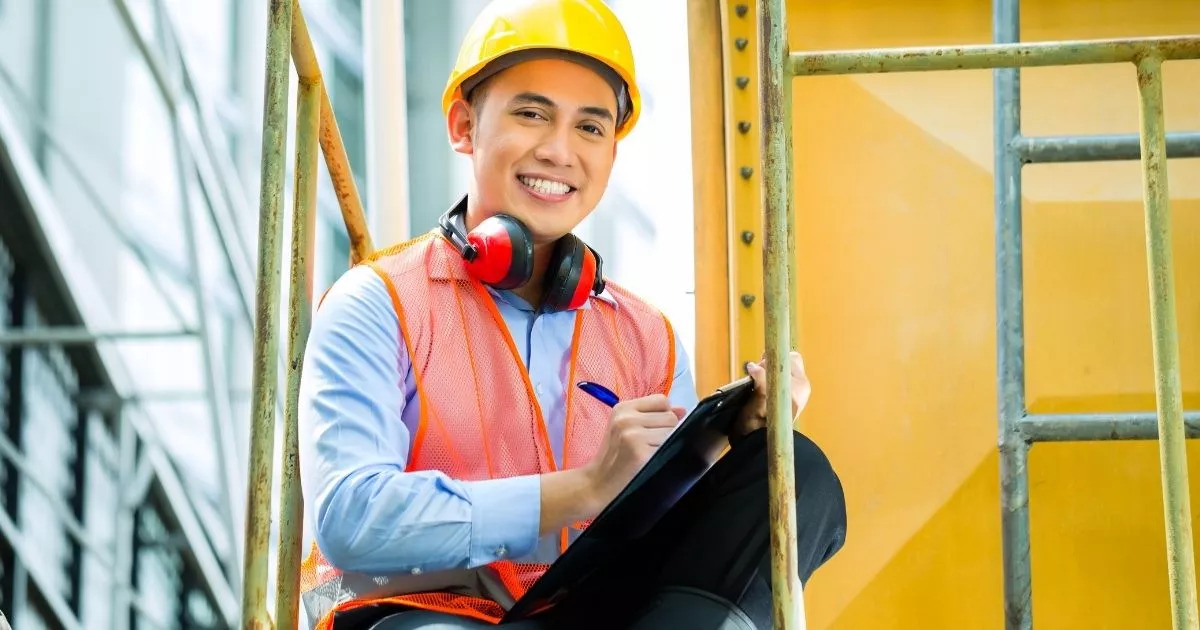
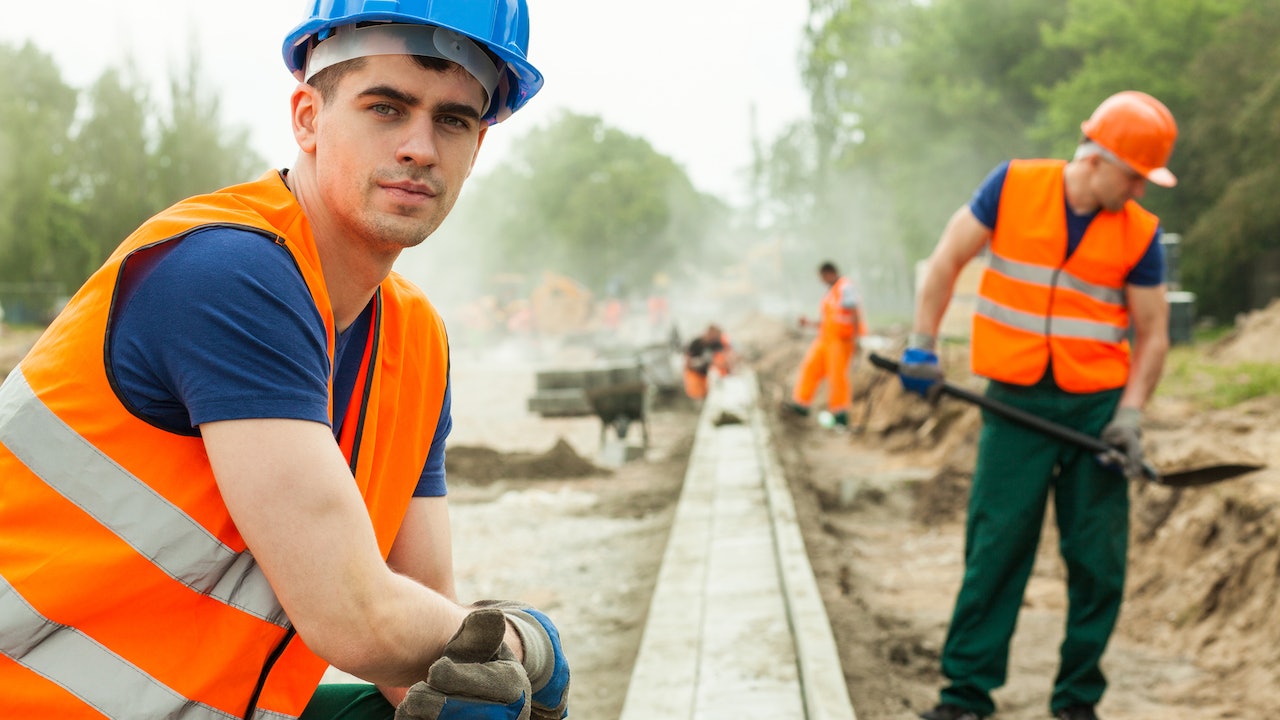
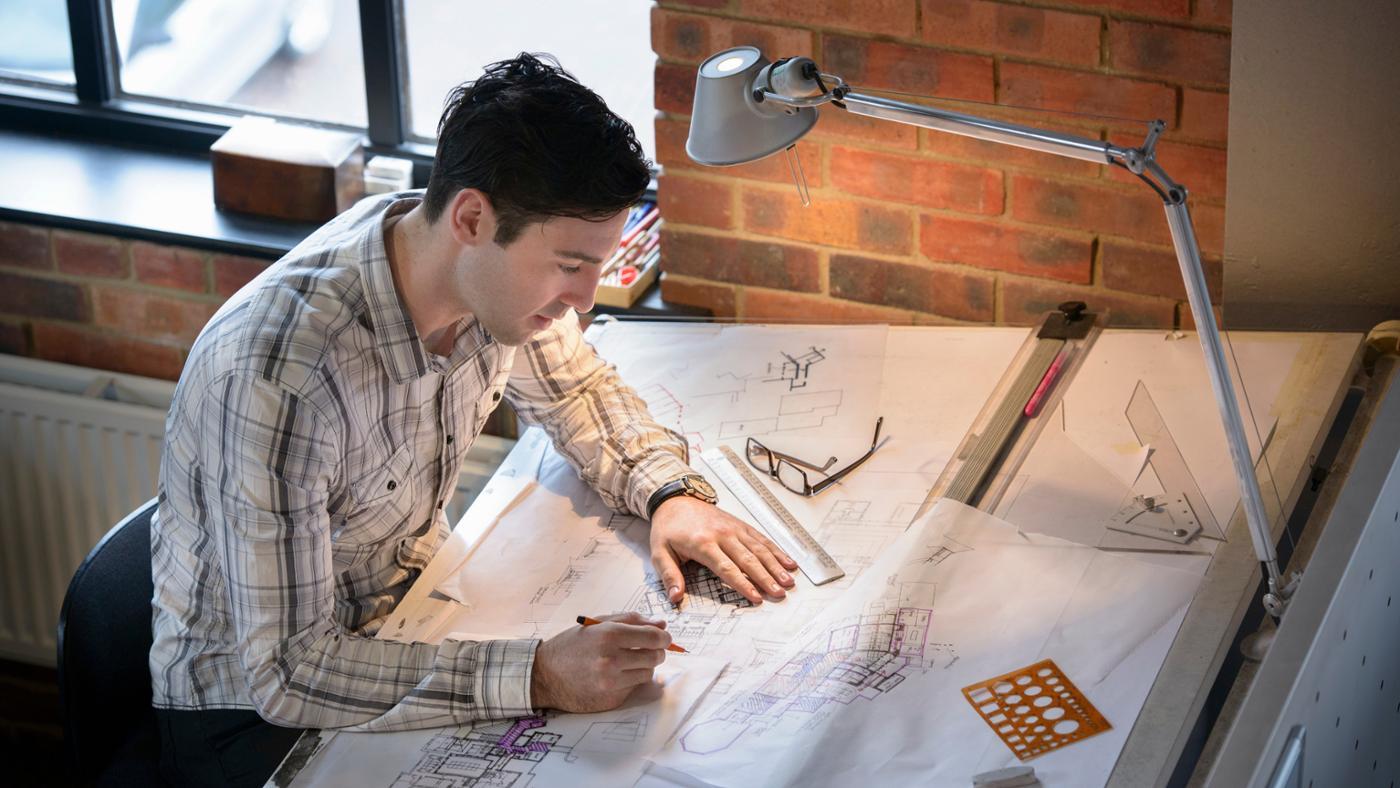
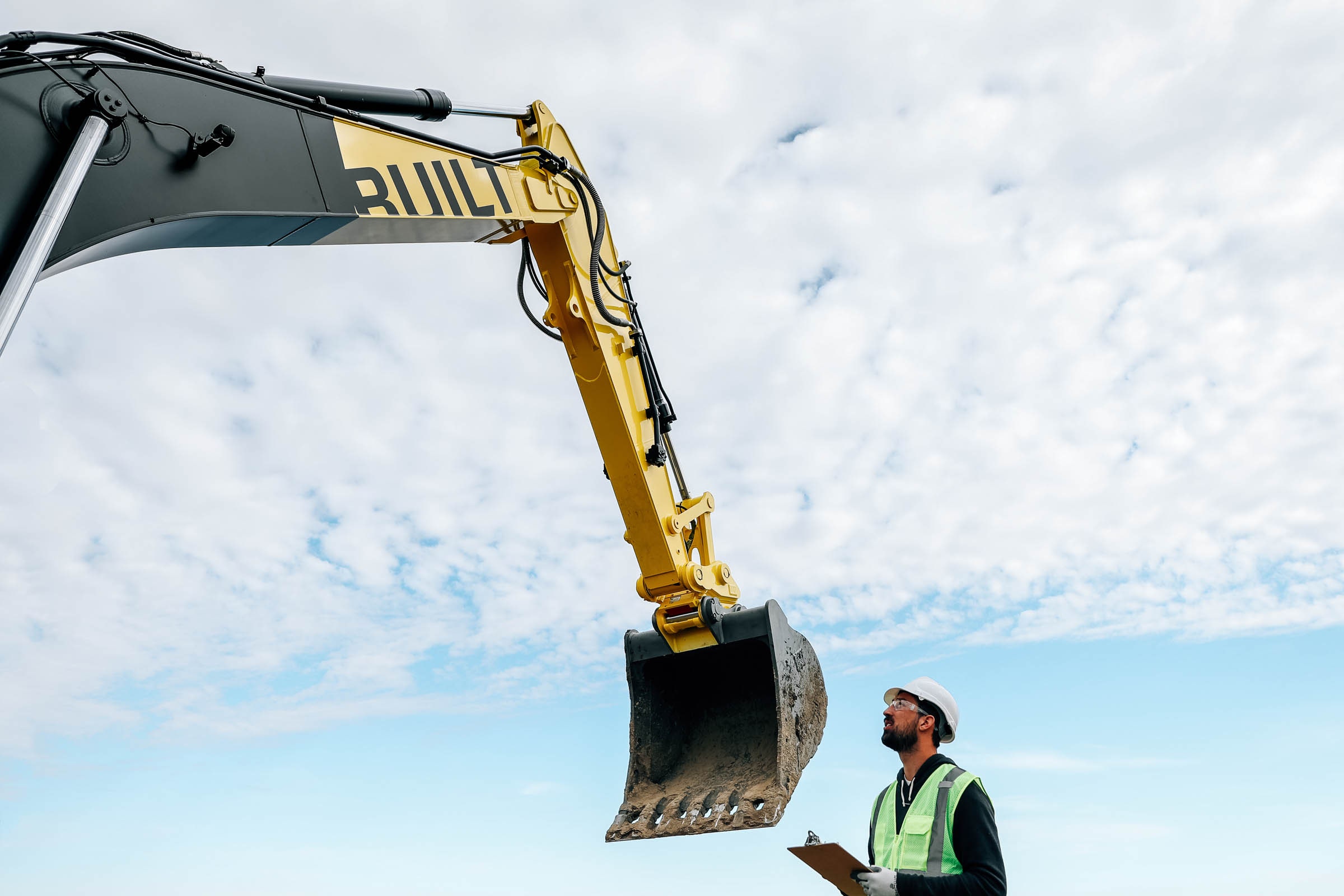
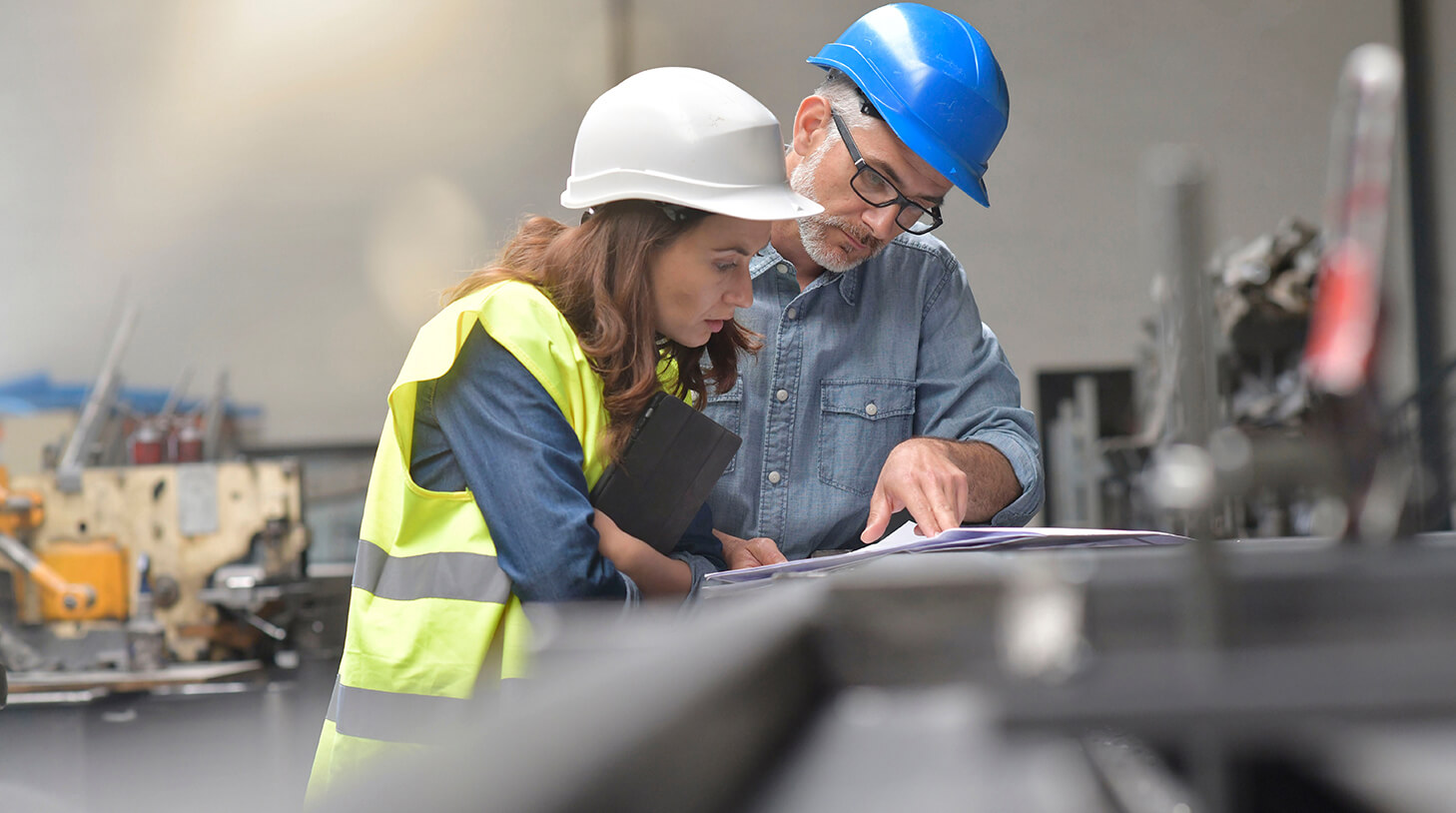
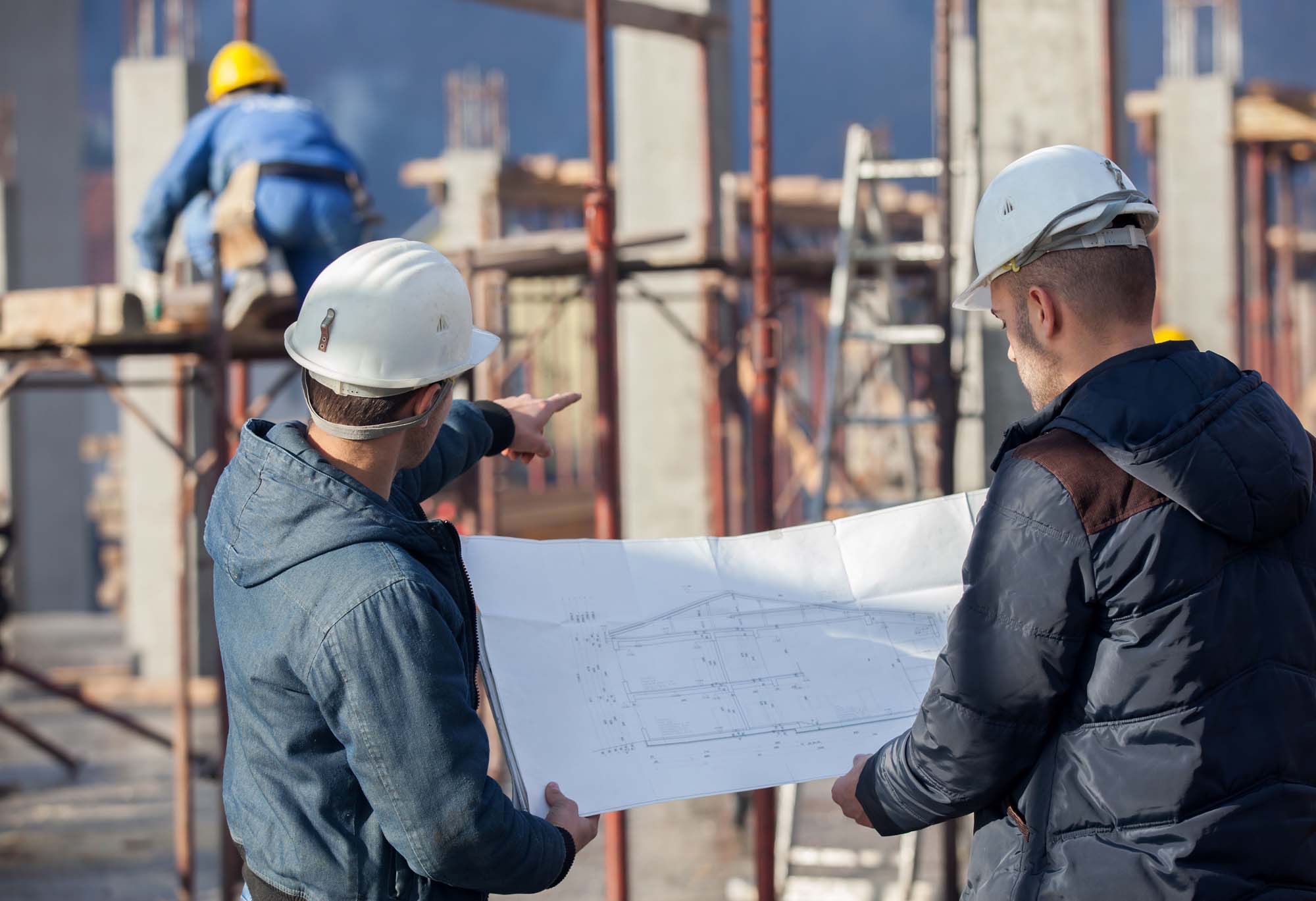
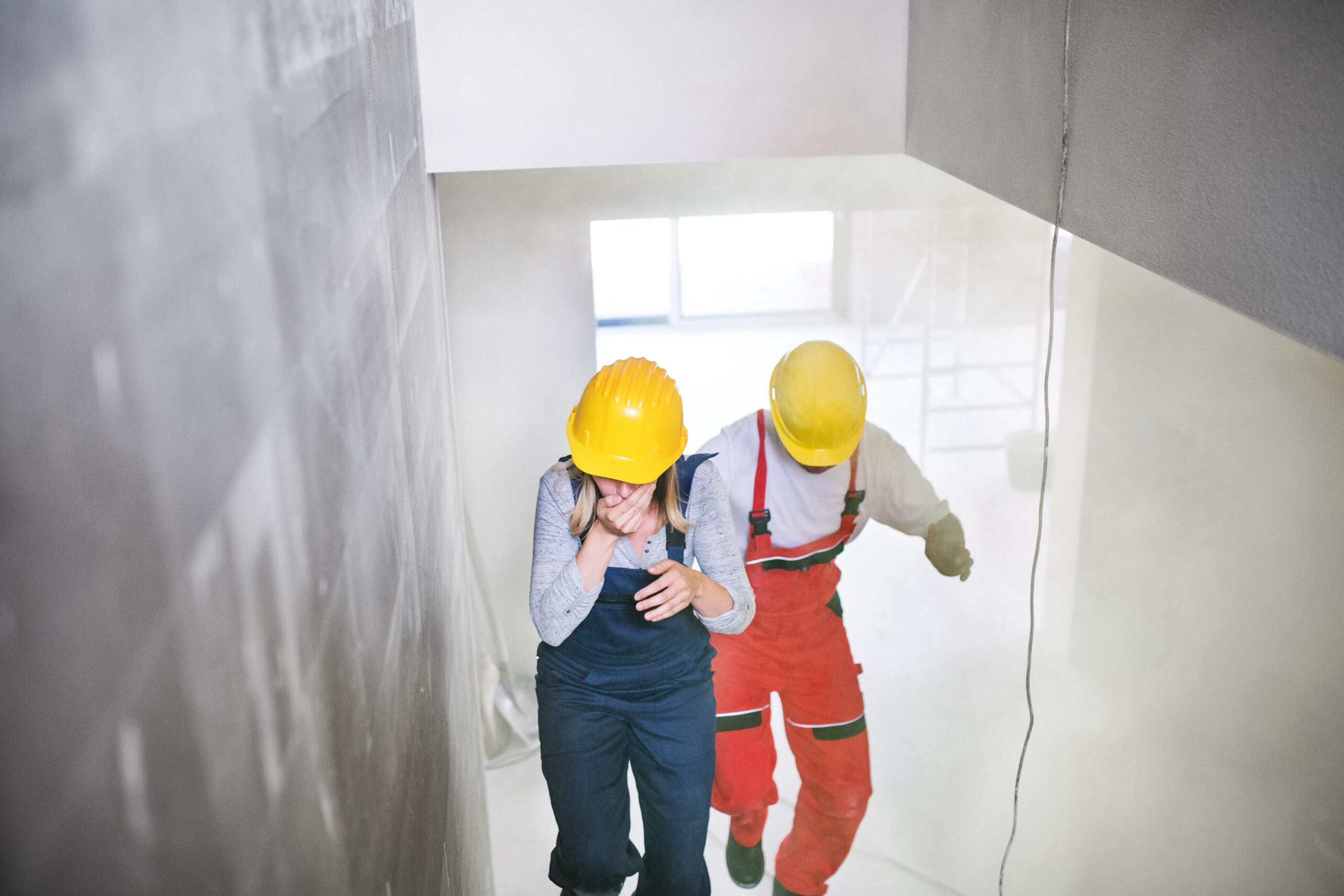
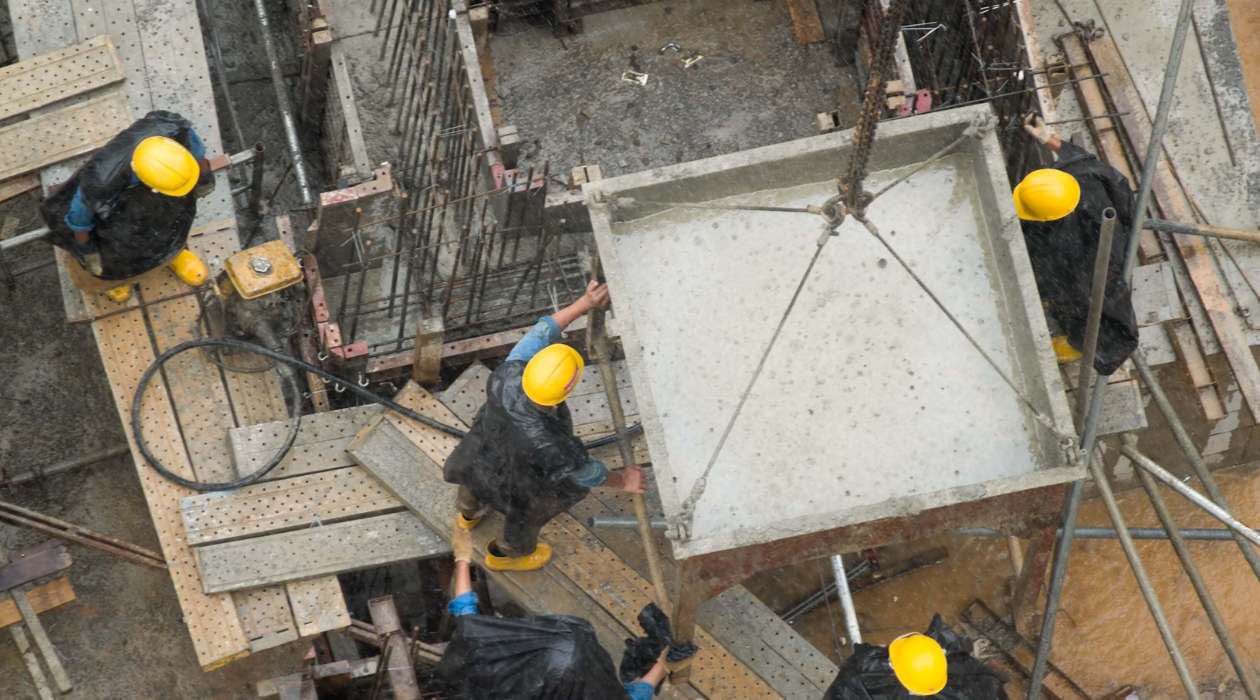
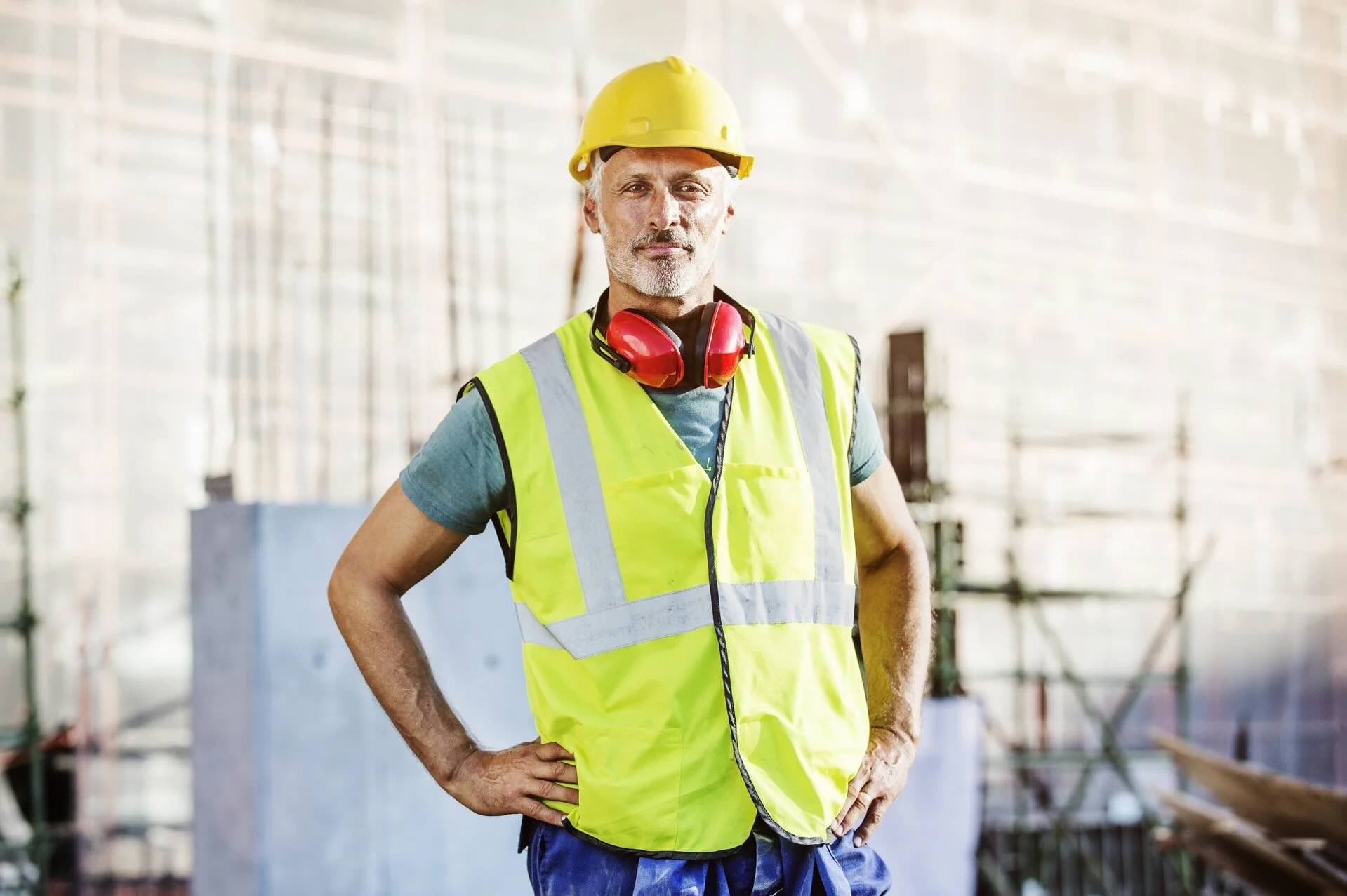
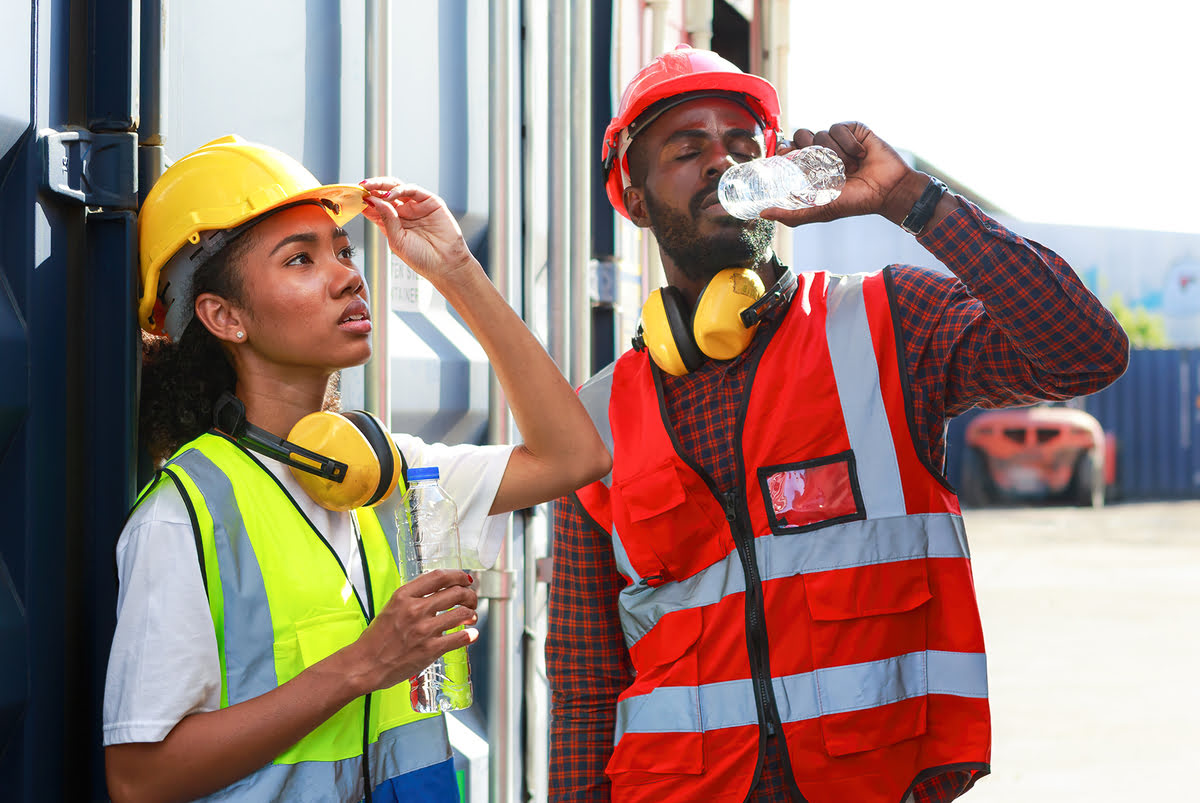
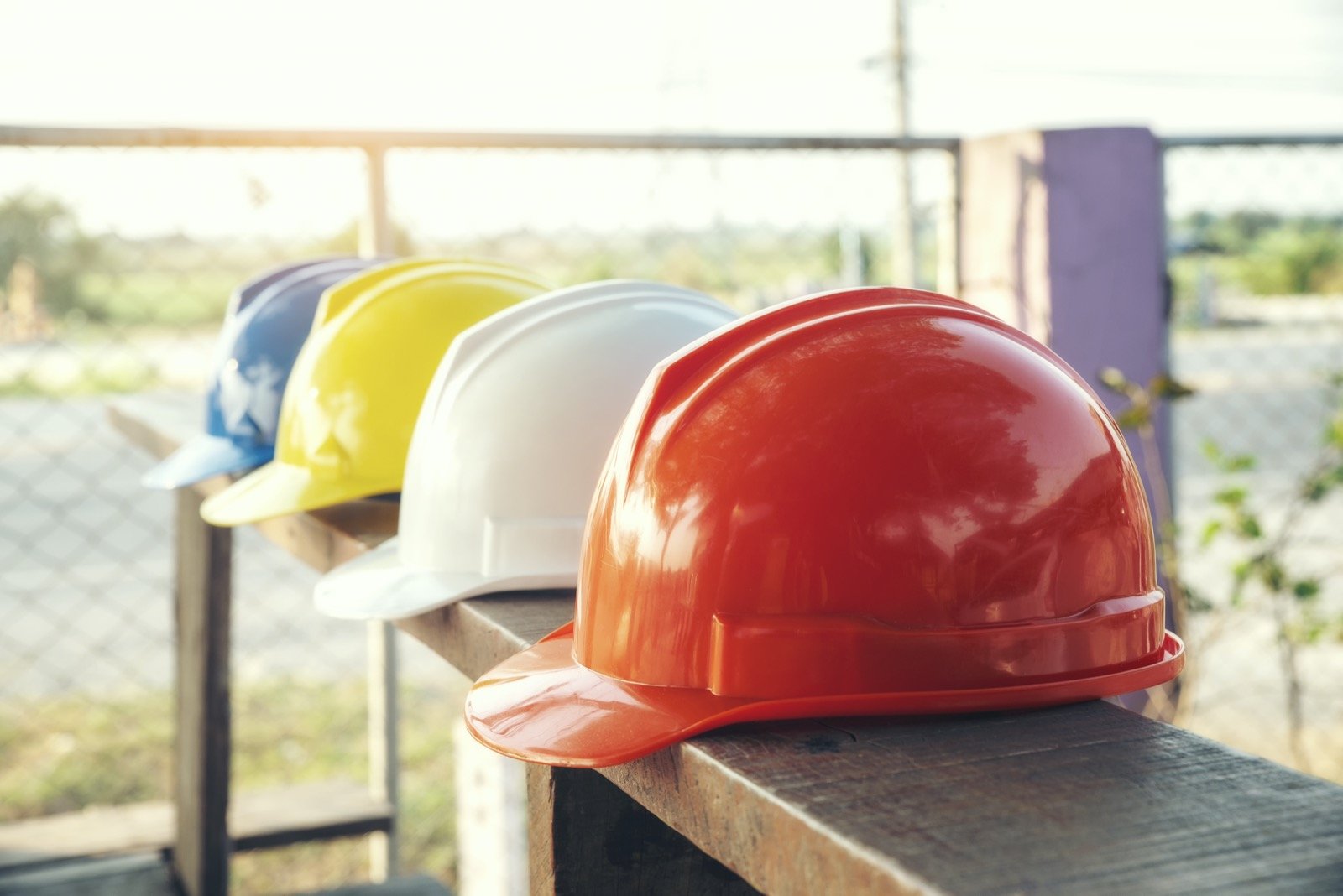
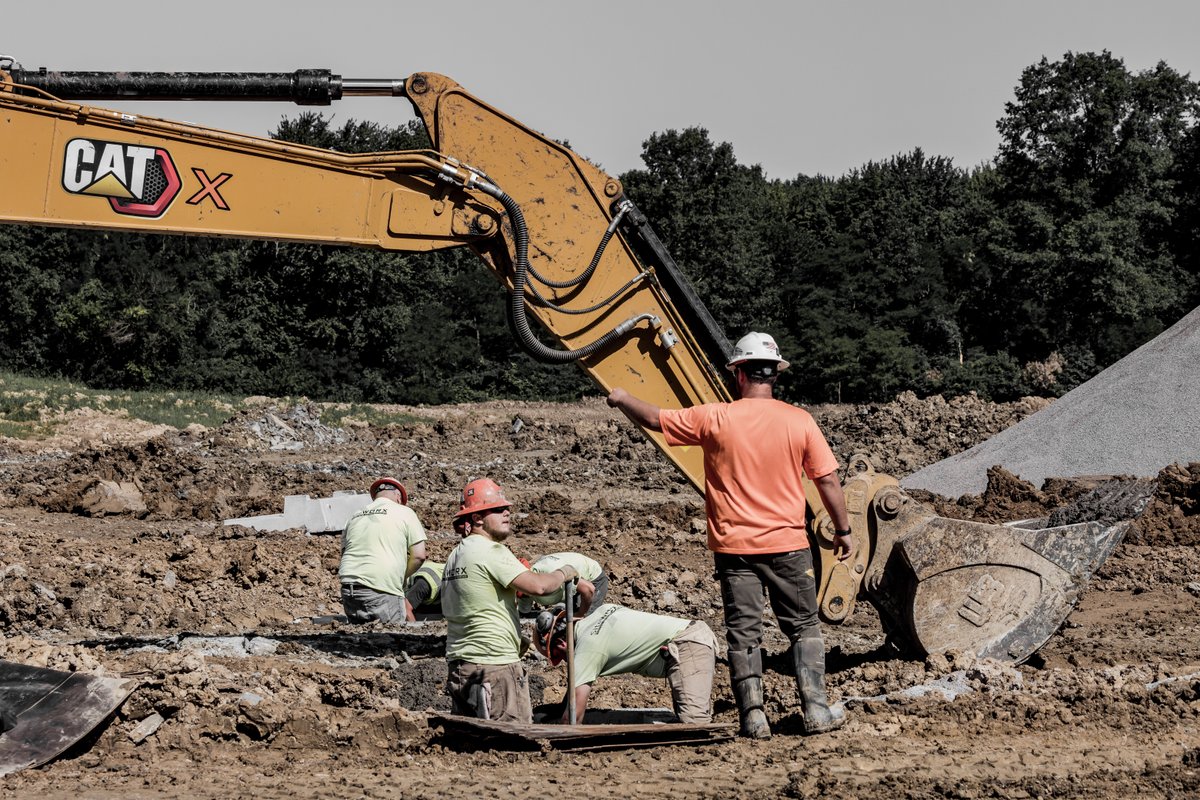

0 thoughts on “How To Be A Construction Worker”